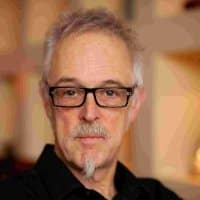The profession seems split between those who are so relieved to be free of weekend and evening commitments and those who are anxious to provide a service which would please patients and take some heat off A&E.
The arguments for doing this, according to the GP Federation, are that the move will improve primary prevention and reduce emergency demand, reducing the number of people attending A&E departments and walk-in centres with minor ailments by 40% in the first six months and 95% within 12 months. They also hope to deliver a ‘substantial reduction’ in the use of out-of-hours services by patients with minor ailments, and aim to reduce use to zero by the end of 12 months. This is also so that people who have work or family commitments don’t have to take time out during the day to get in to a surgery.
This is an income earner too, with bids for additional monies, not from already strained practice purses. Two areas have submitted bids to a gain a share of a £2million pot offered by NHS England, the Manchester area team have come up with innovative ways to develop integrated services and shift care out of hospitals into the community. Under the proposals, some practices in one area would open until 8pm every evening and from 8am to 6pm at weekends. Triage nurses in some A&E departments would also be able to directly book patients in for GP evening and weekend appointments.
In Bury, a GP federation has put in a bid for £260,000 of funding to reshape local services, which would include extending the core hours of six practices in Radcliffe, providing routine and planned urgent appointments from 8am to 8pm on Monday to Friday and 8am to 6pm on Saturday and Sunday.
The groups involved have indicated that one solution to the problem of trying to involve existing GPs, already stressed and tired, is to bring in salaried doctors using the new funding.
However, according to one GP news source, Manchester LMC honorary secretary Dr John Hughes criticised the programme, condemning some GPs involved as ‘zealots’ looking to ‘make a quick buck’. Dr Hughes said there was a lack of capacity to support seven-day services and that GPs offering evening and weekend cover would limit availability in normal hours and could divert funding from other services. GPC deputy chairman Dr Richard Vautrey also warned that funding of daytime general practice and unsustainable workloads must be prioritised.
Where do you stand on this?






